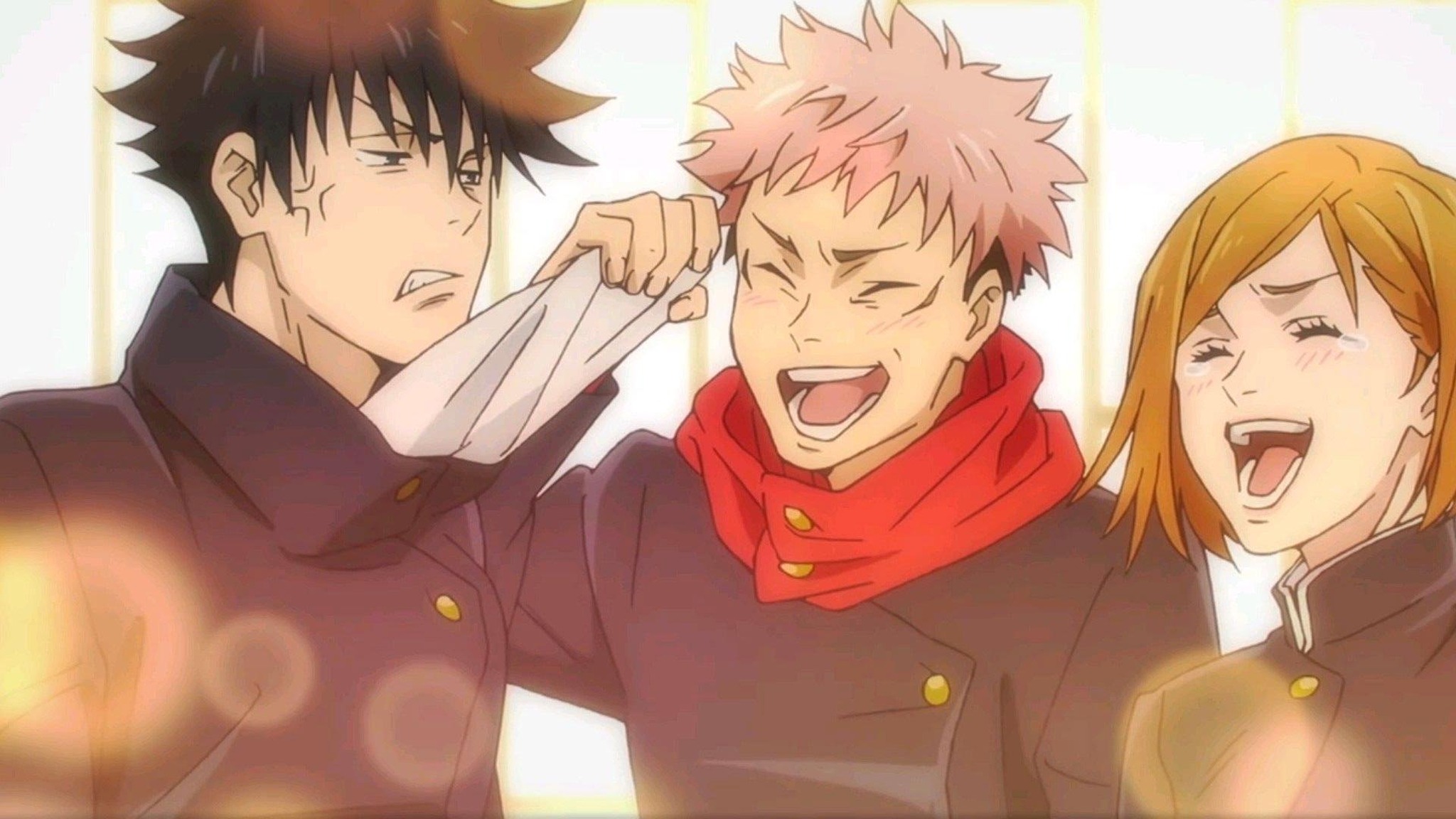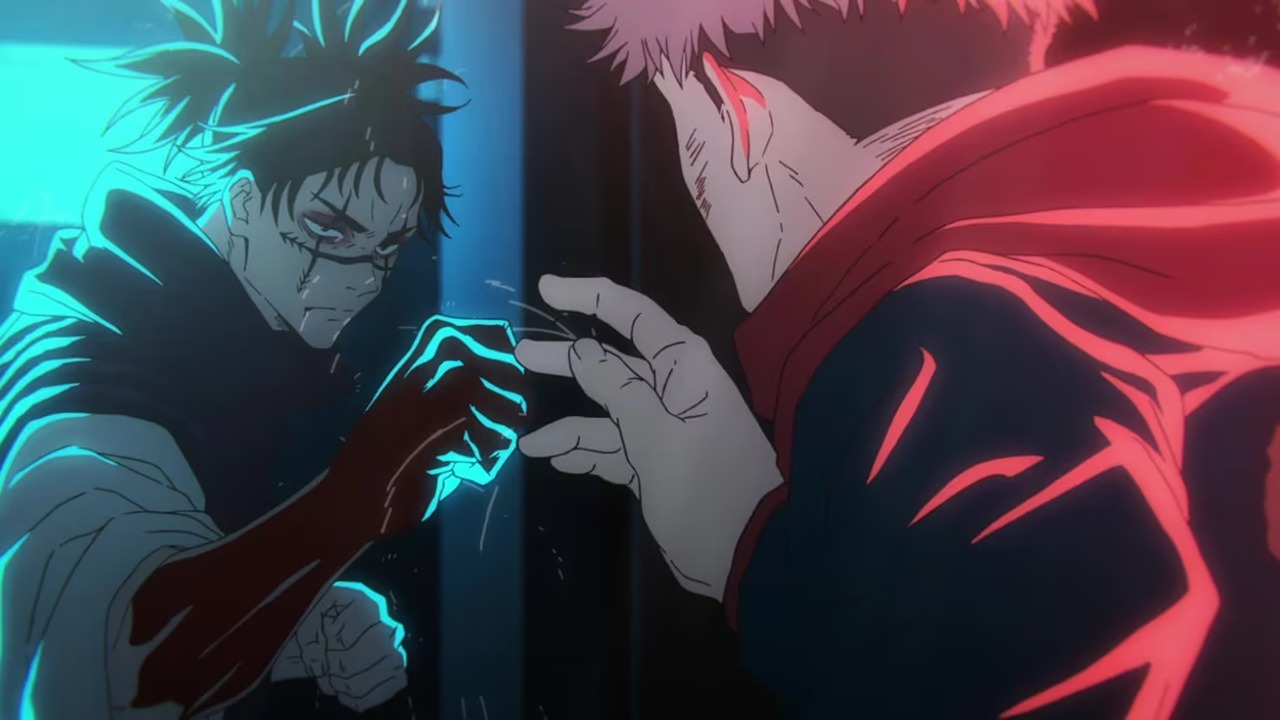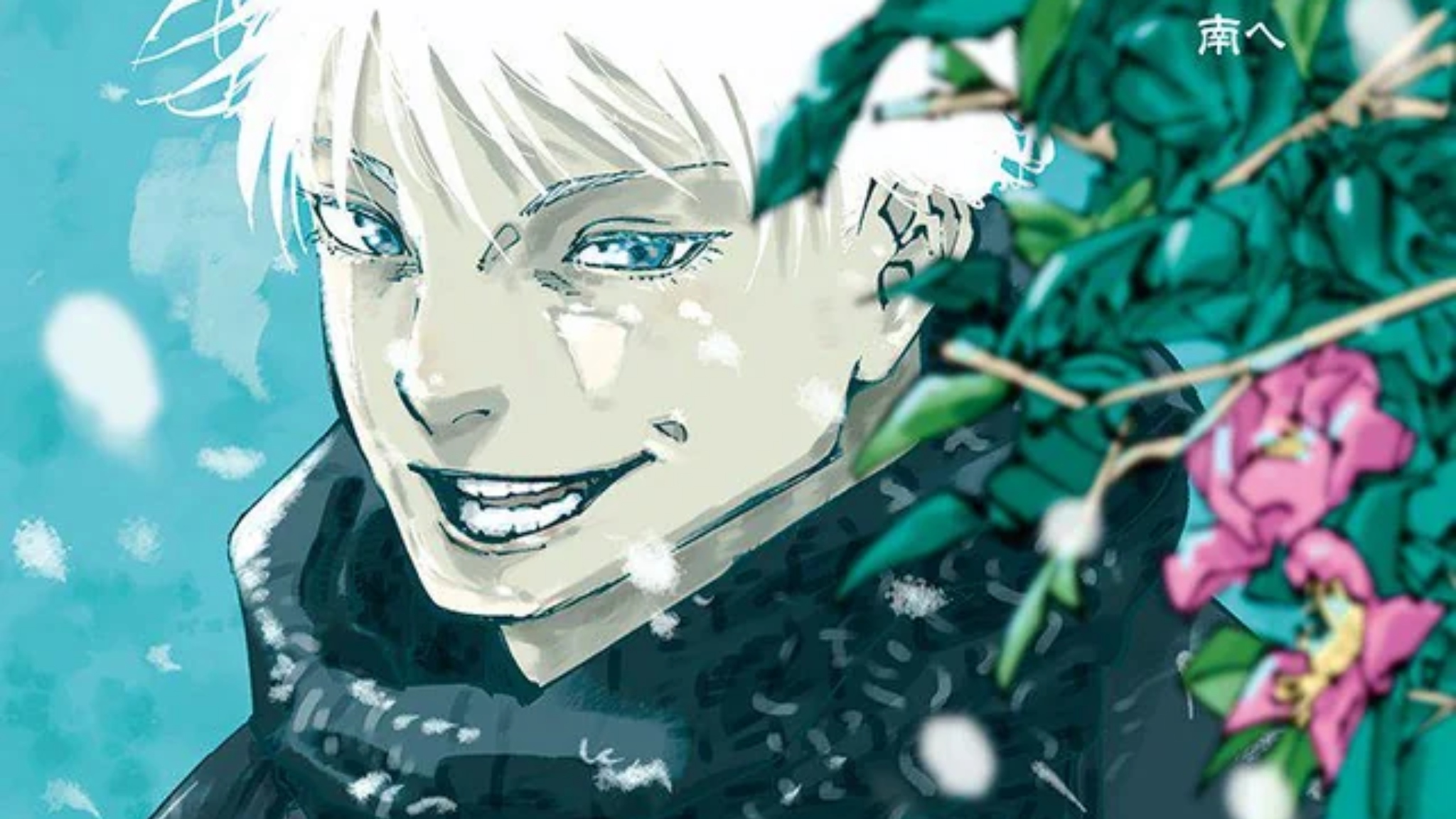
Jujutsu Kaisen, a widely acclaimed battle shonen manga and anime series, continues to captivate audiences. Despite the manga wrapping up in September 2024, sales remain robust as more people flock to the series than ever before. The upcoming JJK Season 3, highly anticipated in the anime community, will adapt the Yuji’s Extermination and Perfect Preparation Arcs before delving into the Culling Game Arc. These initial arcs follow the aftermath of the Shibuya Incident, a catastrophic event in Japan due to curses, where Sukuna and Disaster Curses wreaked havoc, taking countless lives.
Regrettably, after that event, the Jujutsu realm continued to struggle, leading to continuous conflicts against formidable adversaries before reaching the Shinjuku Showdown Arc. This final storyline primarily focused on battles, encapsulating the core essence of the series. Yet, as the show gains more popularity, so does the criticism from fans. The series is lauded for its intricate power system and exhilarating fights, but occasionally fans expect even more. While some expectations might be unrealistic, it’s valid that they requested more character interactions – a reasonable demand.

Jujutsu Kaisen’s Characters Don’t Interact as Much as They Should
In the world of Jujutsu Kaisen, the majority of the story revolves around battles, leaving fewer opportunities to explore character interactions. This is particularly noticeable during the Shibuya Incident Arc, where sorcerers are predominantly engrossed in defeating their adversaries without much downtime between intense scenes. However, earlier arcs of Jujutsu Kaisen were filled with enjoyable and adorable moments that endeared fans to the show. The series effectively lays a robust groundwork for its characters, most of whom possess distinct personalities and thought-provoking viewpoints.
Due to the fast-paced nature of the plot, we’re deprived of witnessing the organic development of their relationships. As the tension escalated, our glimpse into their interactions became minimal, often limited to brief moments amidst battles. The climactic arc, lasting over a year, primarily focused on tactical discussions during fights or in flashbacks. Interpersonal connections between characters are underestimated by many, yet they are crucial. While action enthusiasts revel in the excitement of fights, it’s equally enjoyable to observe characters bonding through their banter, disagreements, and confessions. Such moments could potentially draw readers in more deeply, and even heighten the impact when the battles recommence.

A more relatable approach is to view them not solely as combatants or storyline tools, but as fully-fledged characters with complex relationships. It takes a number of significant interactions for us to truly grasp the reasons behind their bond. For instance, it’s challenging to envision the depth of brotherhood between Choso and Yuji at first, considering Yuji had trouble accepting him. However, over time, their bond strengthened, unfortunately, we didn’t witness the progression of their relationship closely enough.
Jujutsu Kaisen Characters Didn’t React to Tragedy as Much as We Expected
In many shows, character deaths aren’t just used to highlight the power of antagonists; they also serve to deepen the emotional dimensions of the story. When characters react to these losses, it strengthens our empathy and attachment towards them. For instance, in One Piece, Ace might not have been a central character like Luffy’s crew members, but his death had a profound impact due to the strong bond between brothers and the emotional turmoil it caused Luffy. This portrayal of the protagonist’s despair and eventual recovery, as he honors his brother’s memory by growing stronger for the sake of his crew, adds a layer of poignancy that resonates with viewers.

In the realm of Jujutsu Kaisen, Gojo’s demise was anticipated to be a poignant and heart-wrenching event. Yet, it fell short of its mark as the characters’ reactions seemed lackluster. It’s not always taboo for characters to weep or feel despair, even amidst the heat of battle. The adrenaline of combat is exhilarating, but expressing emotion is a fundamental aspect of our humanity. Given their presence by Gojo’s side prior to the fight, it seemed implausible that they would remain unaffected by his passing. They were there to stand by him in life; it wouldn’t have been out of character for them to grieve in death.
After his passing, it was only Yuji who maintained his memory, while others seemingly continued with their lives without any visible signs of emotion. What’s even more surprising is that Megumi had known Gojo since childhood, and witnessed the gruesome events involving Sukuna possessing his body and killing Tsumiki and Gojo. One would expect this to have a significant impact on Megumi, yet it appears he was not deeply affected by Gojo’s demise. Granted, there may be more to Megumi’s story, but the seeming lack of emotion from him is noticeable. In contrast, Yuji and Yuta, who knew Gojo for a relatively short time, seemed to have formed a stronger bond with their teacher.
Read More
- Forza Horizon 5 Update Available Now, Includes Several PS5-Specific Fixes
- Masters Toronto 2025: Everything You Need to Know
- ‘The budget card to beat right now’ — Radeon RX 9060 XT reviews are in, and it looks like a win for AMD
- We Loved Both of These Classic Sci-Fi Films (But They’re Pretty Much the Same Movie)
- Gold Rate Forecast
- Valorant Champions 2025: Paris Set to Host Esports’ Premier Event Across Two Iconic Venues
- Street Fighter 6 Game-Key Card on Switch 2 is Considered to be a Digital Copy by Capcom
- The Lowdown on Labubu: What to Know About the Viral Toy
- Karate Kid: Legends Hits Important Global Box Office Milestone, Showing Promise Despite 59% RT Score
- Eddie Murphy Reveals the Role That Defines His Hollywood Career
2025-05-01 03:12